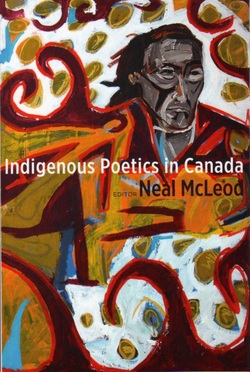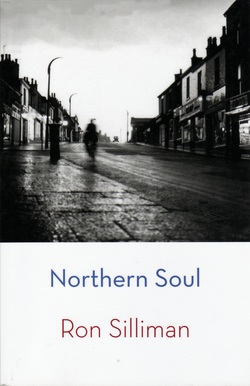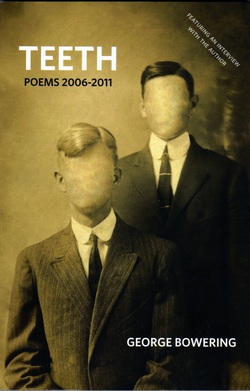
Cree poet Neal McLeod has gathered together essays by, and interviews with, various Indigenous poets and trusted non-Indigenous readers on the subject of Indigenous poetics. Many of the contributors express discomfort with the latter word, however. When asked to “define Indigenous poetics,” Chippewa poet and publisher Kateri Akiwenzie-Damm replies “I’m sort of hung up on that whole concept of poetics and what does it mean in an Indigenous context” (266). Métis poet and Canada Research Chair Warren Cariou notes the word’s origin in Aristotle, “a drawer of boundaries,” and adds “Sometimes that makes me wish Indigenous artists had a different word for the thing he defined as poetics” (31). Onondaga scholar David Newhouse begins with the disclaimer “Poetics – and particularly Indigenous poetics – has not been a part of my formal education, which has been primarily in the sciences and social sciences. I am more comfortable with the knowledge paradigms and truth traditions embedded in them than I am with the interpretative and hermeneutic underpinnings of the humanities” (73). The sciences, of course, and European notions of objective truth, have their origin in the categorizings of Aristotle.
Many other contributors avoid using the word altogether. Those who use it most often employ it as a synonym for philosophy or world view – “the voices of our ancestors” (Tasha Beeds 65), “ways of knowing” (Christine Sy 187 – who also writes of a “poetics of personal decolonization” 185), a “praxis” that resides “not only in our cultural and spiritual inheritances and legacies but also our intellectual and narrative traditions (James Sinclair 208). “When we sing, the bones of our ancestors hear our songs and they work their way to the surface of the land, singing themselves up” writes Lee Maracle (305).
In his 1997 study of Maurice Blanchot, Gerald Bruns contemplates the origins of Aristotle’s terms poesis and poetics, and suggests that they were part of an unsuccessful strategy of containment, a way of domesticating an unruly


 RSS Feed
RSS Feed